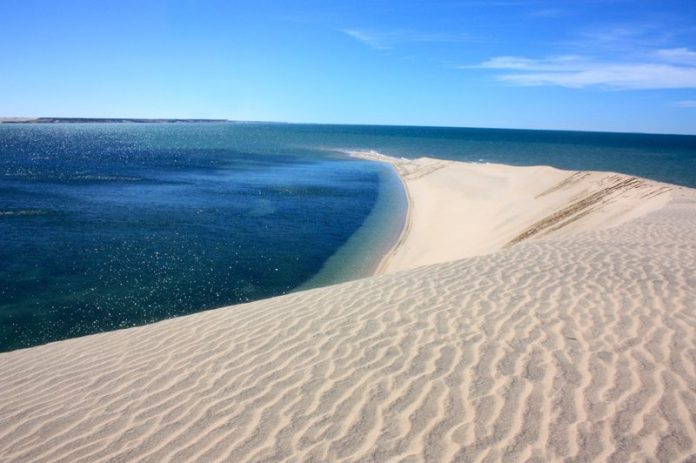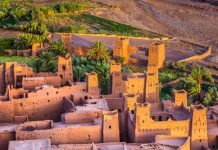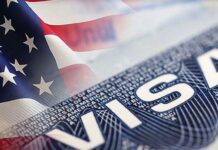The prestigious international Blue Flag label, awarded annually by the Mohammed VI Foundation for Environmental Protection, led by Her Royal Highness Princess Lalla Hasnaa, will be hoisted on 27 beaches, four marinas, and for the first time in Morocco, a mountain lake during the summer season of 2024.
Morocco’s impressive ranking
With 32 sites certified in total, Morocco ranks 18th among the 43 countries in the Northern Hemisphere with Blue Flag sites. This rigorous eco-label, created by the Foundation for Environmental Education and introduced to Morocco in 2002 by the Mohammed VI Foundation for Environmental Protection, has made Morocco the Arab country with the most Blue Flags and the second in Africa.
Consistent quality and new additions
All 27 beaches awarded the Blue Flag in 2023 have retained their certification, demonstrating the stakeholders’ commitment to maintaining the high standards throughout the summer season, according to a statement from the Foundation. These beaches include:
- Oued Laou
- Essaouira
- Arekmane
- El Haouzia
- Sidi Rahal 4th tranche
- Bouznika
- Ba Kacem
- Mdiq
- Rifienne
- Sidi Ifni
- Saïdia Municipale
- Station Touristique Saidia Ouest
- Dalia
- Achakar
- Bedouza
- Safi Municipale
- Souiria Lakdima
- Aglou
- Imin Tourgha
- Oum Labouir
- Foum el Oued
- Skhirate
- Sidi Abed/El Jadida
- Les Nations
- Aïn Diab Extension
- Al Minaa
- Est Marina Smir
For the first time, a mountain lake, Aguelmam Azigza in the Khénifra National Park, has received the Blue Flag. Nestled between a long cliff and a forest of centuries-old Atlas cedars, this “green lake” is a wild gem of the Middle Atlas. Local authorities and communities have developed the site to support its popularity, including access roads, service buildings, camping areas, and sanitation facilities, a project supported by the Foundation’s Blue Flag award.
Expanding to marinas
Tanja Marina Bay, the fourth marina to receive the Blue Flag after Saïdia in 2018, Est Marina Smir in 2022, and Al Hoceïma in 2023, continues this tradition. Opened in 2018 as part of the reconfiguration of the Tangier port, it is now the largest marina in the Kingdom, with 1,400 berths. Its modern facilities, including waste management systems, earned it this eco-label.
Criteria and impact
The Blue Flag is highly coveted by coastal municipalities responsible for beach management due to its positive image and attractiveness to tourists. For the 2024 edition, 49 beaches applied for the label, which is based on four main criteria: water quality, environmental education and information, hygiene and safety, and facilities and management. Random checks are conducted during the summer to ensure these standards are maintained by certified sites.
All Blue Flag beaches are part of the Clean Beaches program, encompassing over a hundred beaches, primarily the country’s most frequented ones. Sixty-six local communities, supported by the Directorate General of Local Authorities, relevant coastal management administrations, 26 economic partners, and over a hundred local associations, will mobilize for nearly three months to educate tourists, ensure the quality of bathing water and sand, equip the beaches, provide safety and health coverage, and enforce rules and regulations.
Combatting plastic pollution
Ocean and beach pollution is a significant concern for the Mohammed VI Foundation for Environmental Protection, which launched the bharblaplastic operation in 2019. This initiative aims to massively raise awareness about plastic pollution, collect waste on beaches, and recycle it.
In 2024, this operation will mark its fifth edition and has become a benchmark, with participation from all Blue Flag-certified beaches. It is an initiative recognized and integrated into the United Nations Decade of Ocean Science for Sustainable Development, in which the Foundation actively participates.





